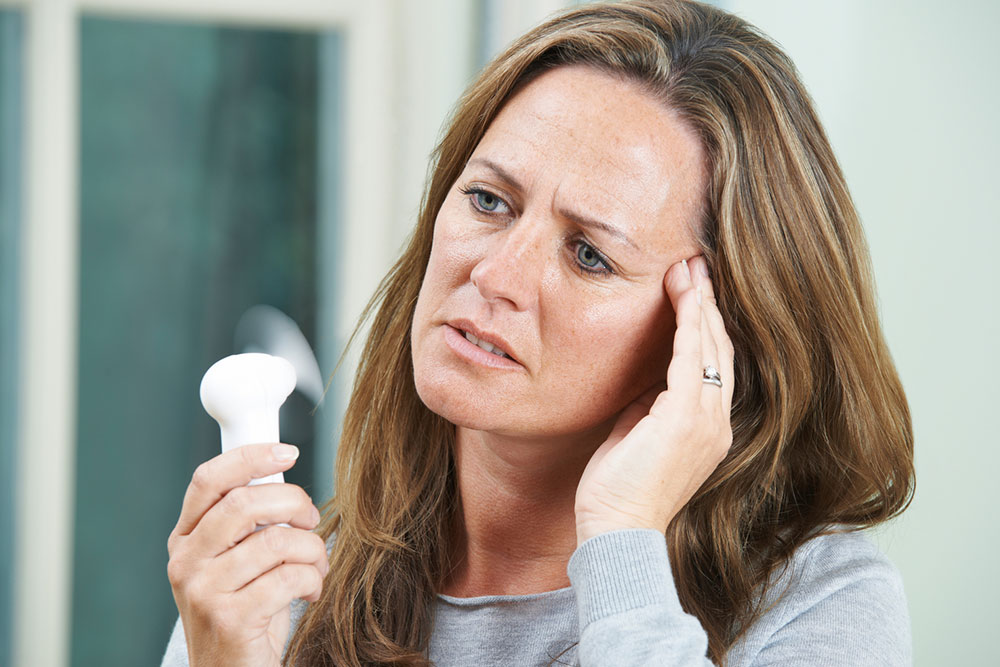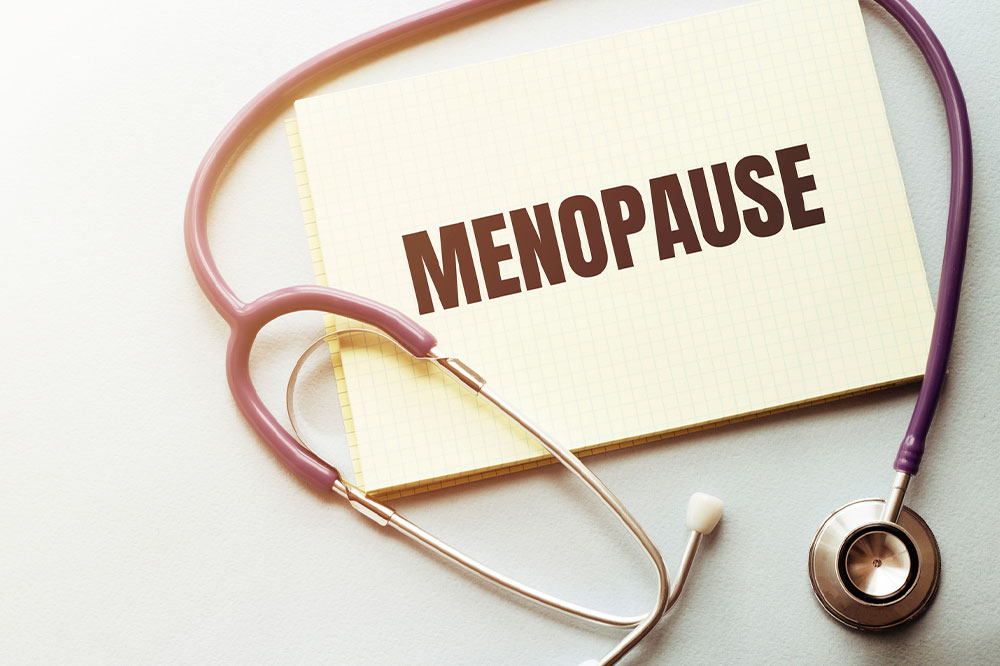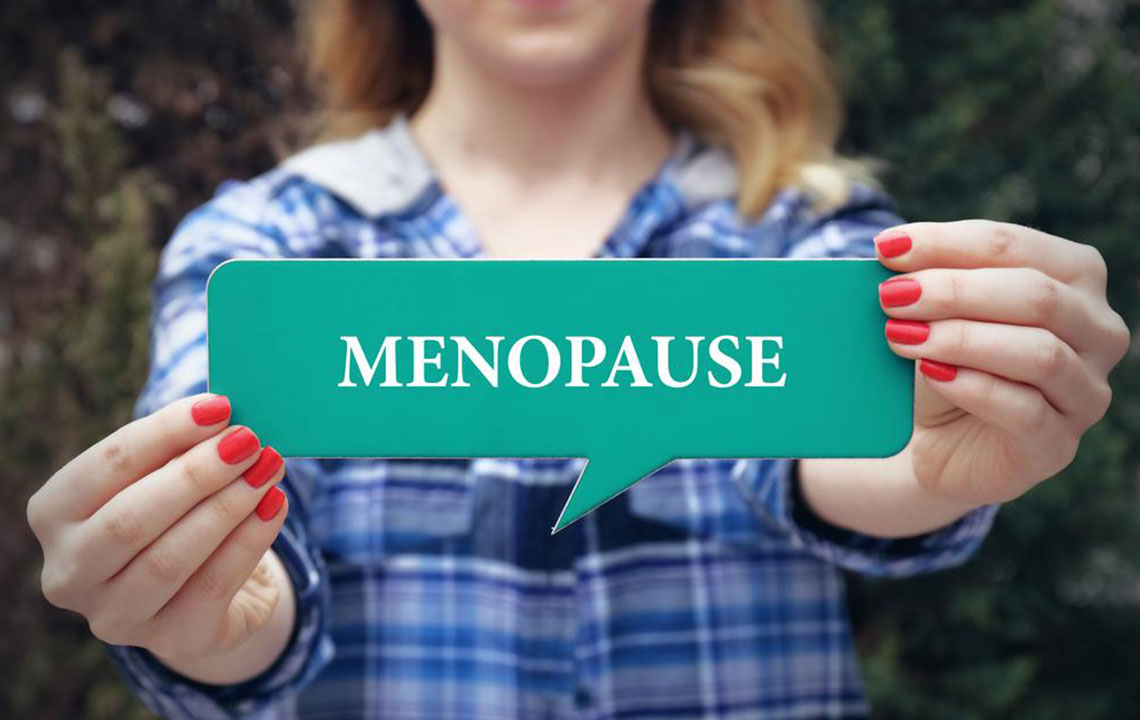Top Four Factors Contributing to Menopause Onset
Discover the main factors that lead to menopause, including hormonal decline, surgeries, cancer treatments, and ovarian issues. Learn how these causes impact women's health and the options available for symptom relief and management during this natural life transition.

Menopause marks a significant transition in a woman’s lifecycle, typically occurring between the ages of 40 and 50. It is characterized by the end of menstrual cycles and infertility. During this phase, women experience numerous physical and emotional changes, often more intense than those experienced during menstruation. Understanding the main causes of menopause can aid women in managing symptoms effectively. The four primary factors influencing menopause include hormonal decline, surgical removal of reproductive organs, cancer treatments, and ovarian issues.
Hormonal Reduction: As women approach their late 30s and early 40s, ovarian hormone production—particularly estrogen and progesterone—gradually diminishes. This decrease leads to irregular periods and eventual cessation, accompanied by symptoms like vaginal dryness and lowered libido. Medications like FDA-approved INTRAROSA® can help alleviate pain and improve vaginal health.
Surgical Interventions: Procedures such as hysterectomy, especially when ovaries are removed, can induce early menopause. Symptoms like hot flashes and vaginal discomfort may intensify. Treatments like INTRAROSA® containing DHEA support vaginal tissue health and comfort.
Cancer Therapies: Chemotherapy and radiation treatments can prematurely stop ovarian function, resulting in early menopause. Symptoms can include hot flashes, mood swings, and physical changes. Lifestyle adjustments and medications can assist in symptom management.
Ovarian Disorders: Conditions like primary ovarian insufficiency affect women under 40, impairing hormone production. Hormone therapy and lifestyle changes are recommended to mitigate symptoms and protect overall health.
Recognizing the causes of menopause allows women to prepare and seek appropriate treatments. Support from healthcare providers and loved ones can make this transition smoother, ensuring better physical and emotional well-being.










